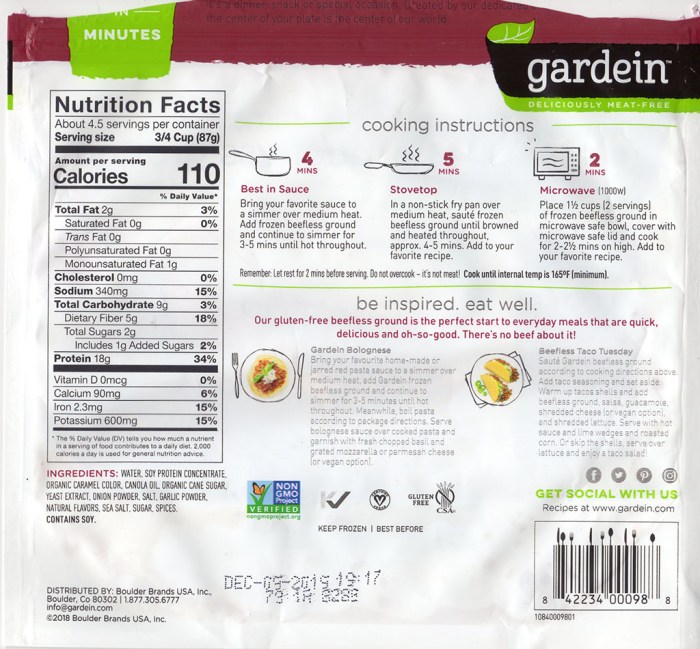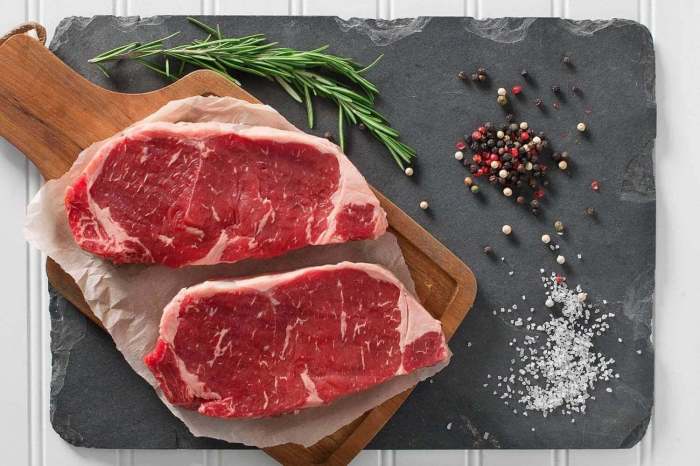Health Benefits and Potential Risks
1 tbsp olive oil nutrition facts – A single tablespoon of olive oil, a culinary staple for millennia, holds within its golden depths a complex tapestry of health implications. Its benefits, largely attributed to its rich monounsaturated fat content and potent antioxidants, are widely celebrated. However, like any dietary component, moderation and awareness of potential downsides are key to reaping its rewards without incurring unwanted consequences.
Understanding both the advantages and limitations of olive oil consumption is crucial for making informed dietary choices.
Olive oil’s virtues extend far beyond its delightful taste and versatility in the kitchen. Its impact on human health is a subject of ongoing research, revealing a spectrum of potential benefits and considerations.
Heart Health Benefits of Olive Oil
Olive oil’s positive influence on cardiovascular health is perhaps its most widely recognized benefit. This stems from its high content of monounsaturated fatty acids, particularly oleic acid, which contributes to improved cholesterol profiles. The antioxidants present, such as vitamin E and polyphenols, further bolster its protective effects against heart disease.
- Reduced LDL (“bad”) cholesterol levels.
- Increased HDL (“good”) cholesterol levels.
- Improved blood pressure regulation.
- Reduced risk of blood clot formation.
- Protection against arterial plaque buildup.
Anti-Inflammatory Properties of Olive Oil
Chronic inflammation is implicated in the development of numerous diseases, including heart disease, certain cancers, and arthritis. Olive oil’s anti-inflammatory properties, primarily attributed to its polyphenols, offer a potential countermeasure. These compounds help to modulate the body’s inflammatory response, potentially mitigating the risk of these chronic conditions.
- Reduced levels of inflammatory markers in the blood.
- Improved joint health and reduced arthritis symptoms in some individuals.
- Potential protective effect against certain cancers.
Potential Negative Effects of Excessive Olive Oil Consumption
While olive oil offers significant health advantages, excessive consumption can lead to negative consequences. Its high caloric density means that overindulgence can contribute to weight gain, potentially negating some of its health benefits. Furthermore, individual sensitivities or allergies should be considered.
- Weight gain due to high caloric content.
- Potential digestive discomfort in some individuals (e.g., diarrhea).
- Possible interactions with certain medications.
Extra Virgin Olive Oil vs. Other Olive Oils, 1 tbsp olive oil nutrition facts
The term “extra virgin olive oil” signifies the highest quality grade, reflecting minimal processing and the retention of beneficial compounds. Other olive oils, such as virgin olive oil, refined olive oil, and pure olive oil, undergo varying degrees of processing, potentially impacting their nutritional profile and antioxidant content. Extra virgin olive oil generally boasts a higher concentration of polyphenols and a more robust flavor profile.
- Extra virgin olive oil retains a higher concentration of polyphenols and antioxidants.
- Other olive oils may have a lower antioxidant content due to processing.
- The flavor and aroma differ significantly between extra virgin and other types.
Questions and Answers: 1 Tbsp Olive Oil Nutrition Facts
Is olive oil good for frying?
While olive oil has a lower smoke point than some other oils, it’s still suitable for sautéing and some frying, especially at lower temperatures. High heat can degrade its beneficial components.
Can I use olive oil for baking?
Absolutely! Olive oil adds a delicious, subtle flavor to baked goods. It can be substituted for butter or other oils in many recipes.
What’s the difference between extra virgin and regular olive oil?
Extra virgin olive oil is minimally processed and has a higher concentration of antioxidants and beneficial compounds. Regular olive oil is more refined.
Does olive oil go bad?
Yes, olive oil can go rancid over time, especially if exposed to light, heat, or air. Store it in a cool, dark place.
One tablespoon of olive oil boasts a vibrant, golden hue and packs a healthy punch of monounsaturated fats. For a contrasting nutritional profile, consider checking out the oatly milk nutrition facts , showcasing a creamy, milky white liquid rich in carbohydrates and plant-based protein. Returning to our olive oil, remember its rich flavor adds depth to many dishes while contributing beneficial fats to your diet.


